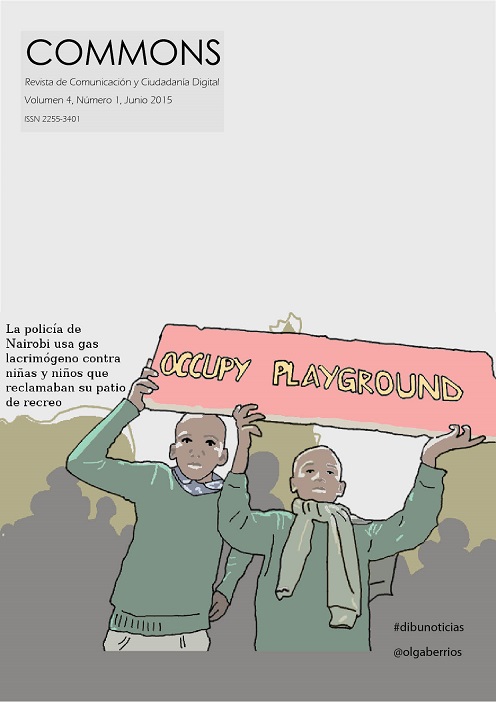La Realidad Como Discurso Legítimo

Additional Files
Info
Abstract
El presente artículo indaga teóricamente en el sustento narrativo o discursivo de la realidad haciendo énfasis en cómo el lenguaje delimita y abstrae la realidad en un proceso de identificación referencial. Para comprender cómo evoluciona la realidad, es decir, cómo se transforma, uno/a puede observar cómo el lenguaje, al referenciar, identifica el mundo, proceso que, cuando se da entre seres humanos, genera sujetos que aprenden a referenciarse a sí mismos (es decir, a autoreferenciarse). El proceso de identificación del mundo es una parte inherente de la forma en la que se comunica el ser humano e implica generar un consenso legítimo sobre qué es aquello de lo que se habla, y que se denomina, generalmente, realidad. Comprender la capacidad de agencia que tiene el lenguaje y el uso del discurso en construir la realidad, delimitar los espacios y movilizar a los sujetos, puede abrirnos la puerta a entender el cambio social en función de la capacidad comunicativa del ser humano (que es humanizado en la interacción)
Downloads
How to Cite
License
Authors who have published with this journal accept the following terms:
- Authors shall retain their copyright and guarantee the journal the right of first publication of their work, which shall simultaneously be subject to the Creative Commons 3.0 Recognition License, which allows third parties to share the work as long as its author and first publication are indicated in this journal.
- Authors may adopt other non-exclusive licensing agreements for the distribution of the published version of the work (e.g., depositing it in an institutional telematic archive or publishing it in a monographic volume) provided that the initial publication in this journal is indicated.
- Authors are permitted and encouraged to disseminate their work via the Internet (e.g., in institutional telematic archives or on their website) before and during the submission process, which may lead to interesting exchanges and increased citations of the published work. (See The Effect of Open Access).

